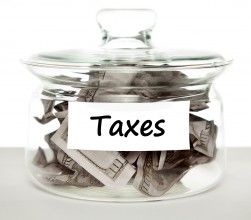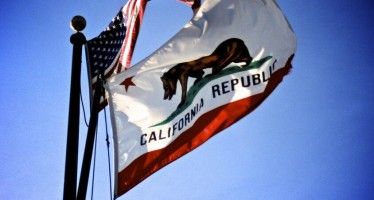Legislature to consider taxing snacks

 A tax on snacks may soon be back.
A tax on snacks may soon be back.
A bill introduced by Assemblywoman Cristina Garcia, D-Bell Gardens, would roll back the sales and usage tax exemptions for certain, less-nutritious, snack foods.
The measure, part of Garcia’s agenda to highlight inequities in the tax code, requires a heavy lift to become law. In 1992, voters repealed a tax on snacks, leaving most candy and junk food exempt from sales tax. The measure requires two-thirds majority and a vote of the people.
Garcia’s office estimates the measure would bring in around $1 billion in tax revenue annually.
While the additional revenue could fund any number of priorities, Garcia has long sought to make a point that snacks with little nutritional value are not taxed, while necessities — feminine hygiene products like tampons — are.
“As I took a closer look at our tax code, it became apparent that while California’s policy is to tax luxury items, the reality is that it’s inconsistent,” Garcia said in a statement. “We tax necessities like tampons but exempt chocolate bars.”
Anti-tax groups are already lining up against the measure, arguing that it was an “administrative nightmare” to tax some items and not others.
“California voters repealed the snack tax 25 years ago by a resounding two to one margin,” said David Wolfe, legislative director for the Howard Jarvis Taxpayers Association. “They stated very clearly then that they didn’t want a regressive and punitive billion dollar tax that predominantly targeted low-income individuals. Nothing has changed.”
Related Articles
Kochs’ CA donor conclave reflects uneasy race
With the Republican primary race for the presidential nomination still remarkably fluid, donors and campaign heavyweights gathered under the Koch
Assembly speaker shelves single-payer health bill
SACRAMENTO – Assembly Speaker Anthony Rendon, D-Paramount, an avowed supporter of single-payer health care, nevertheless announced last week that he
Reports offer contrary views on CA, business
The new Economic Freedom of North America report evaluating the 92 states and provinces in the U.S., Canada and Mexico




